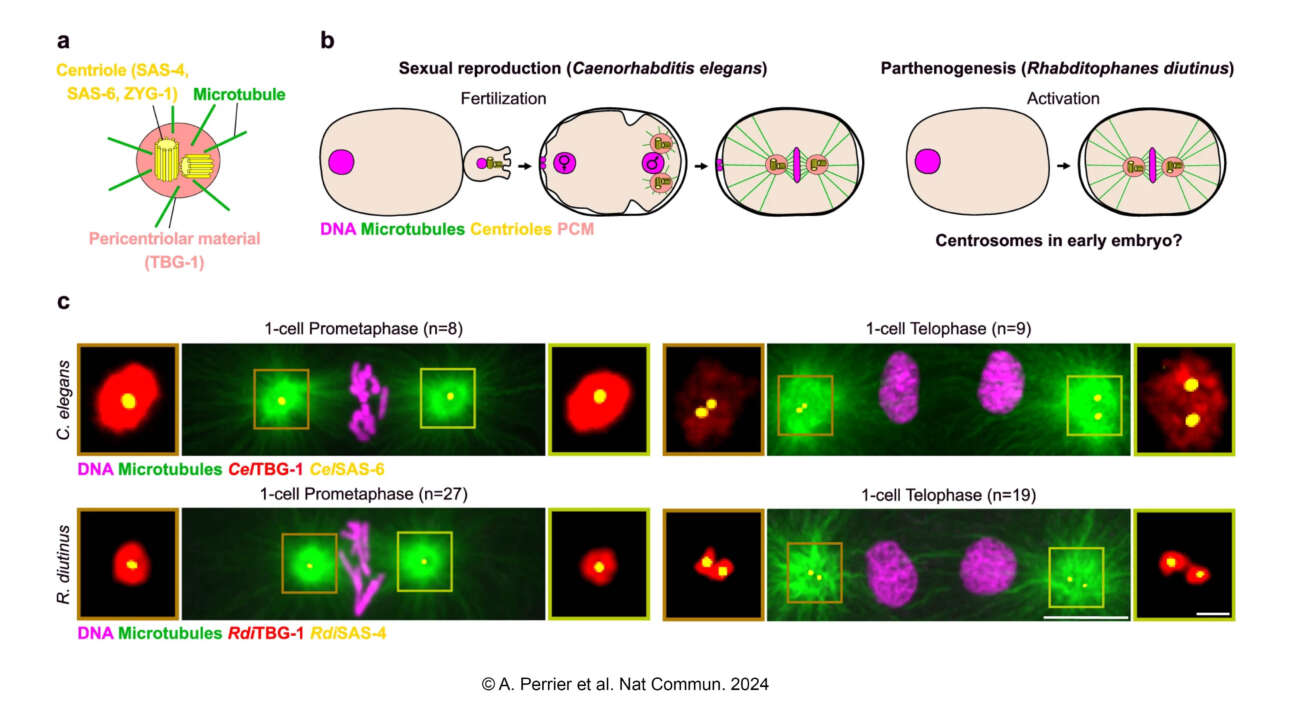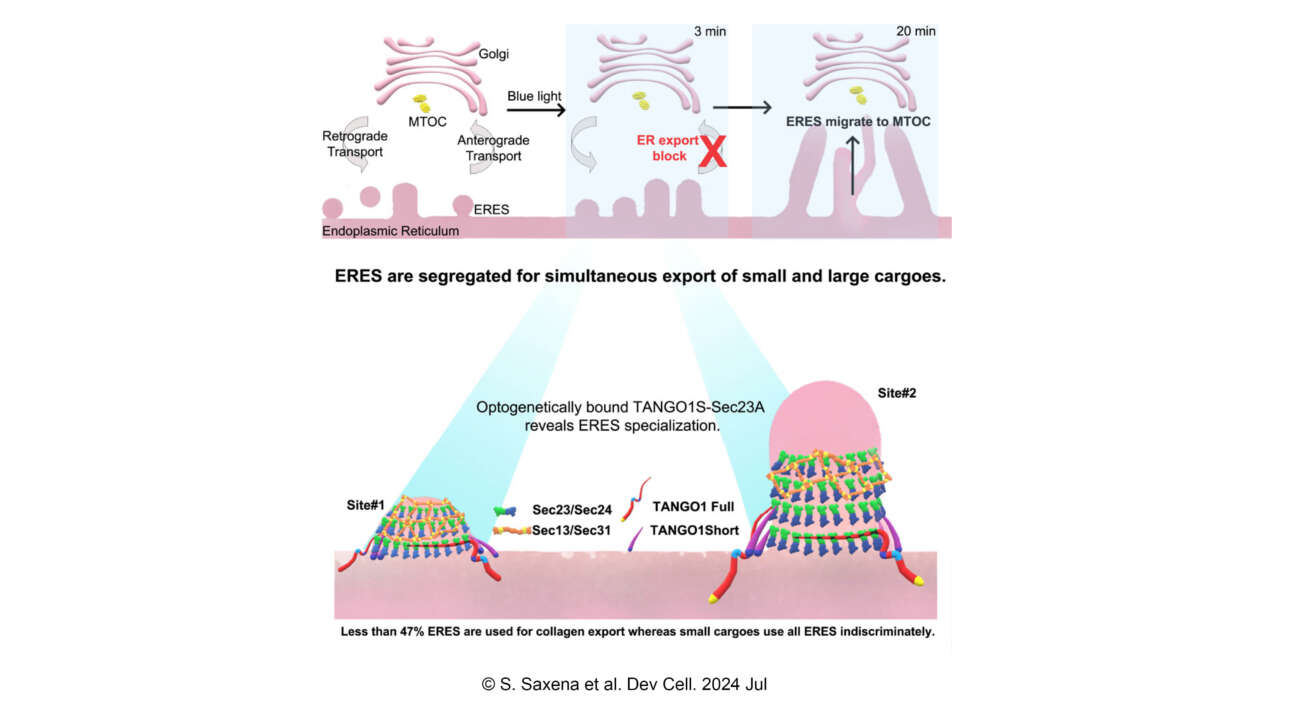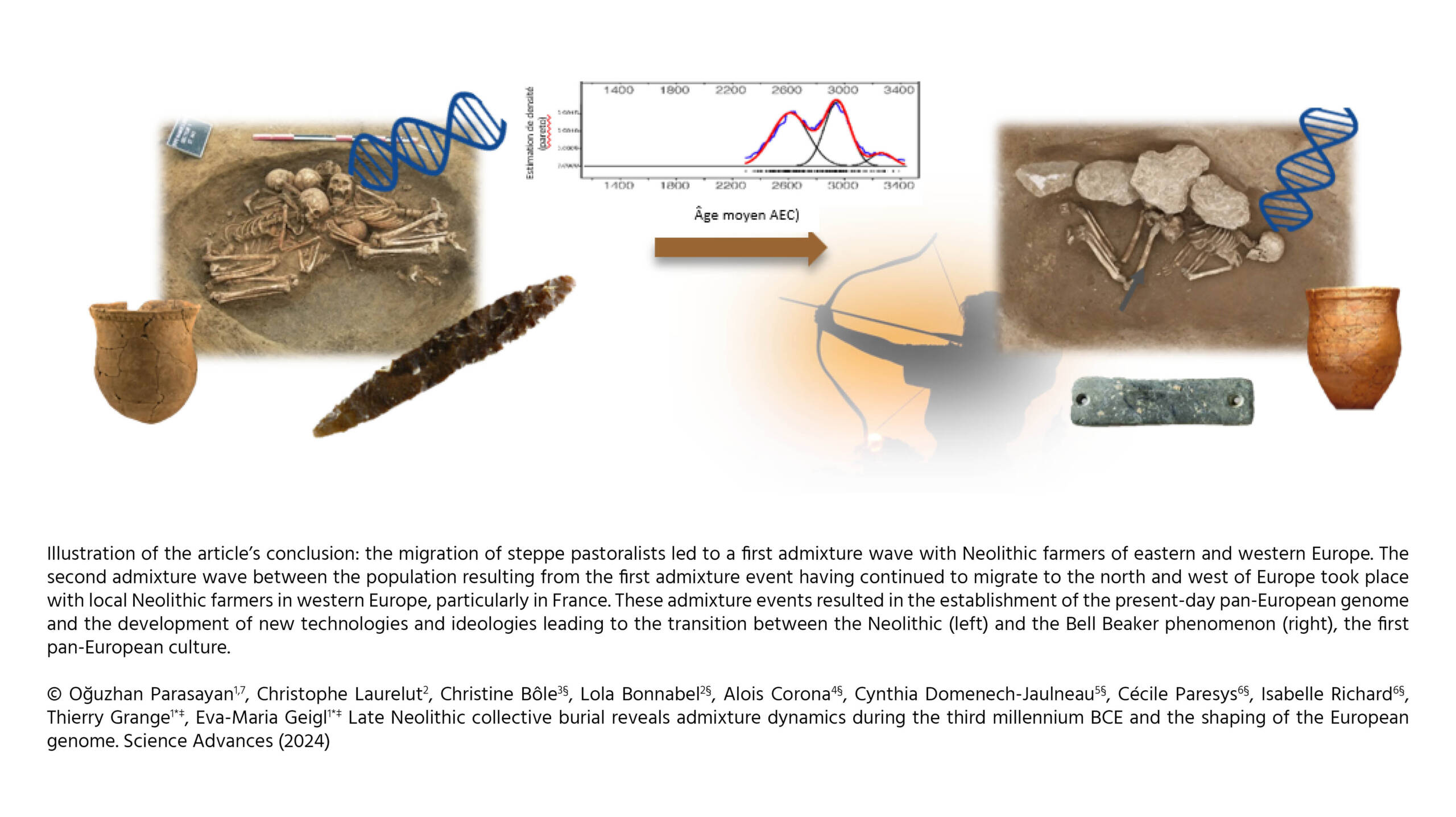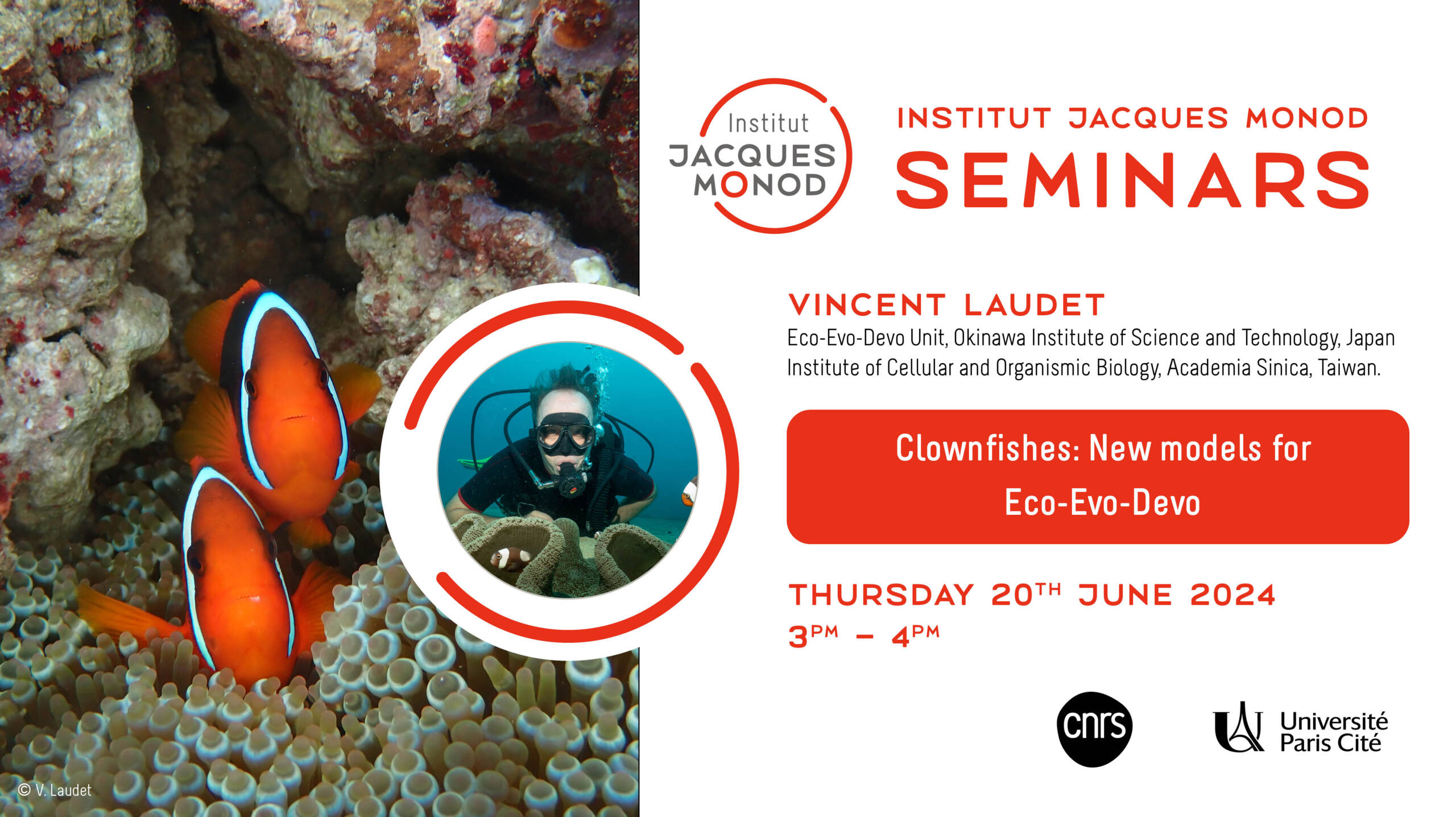The Dumont Lab published a new article in Nature Communication:
Maternal inheritance of functional centrioles in two parthenogenetic nematodes
Abstract:
Centrioles are the core constituent of centrosomes, microtubule-organizing centers involved in directing mitotic spindle assembly and chromosome segregation in animal cells. In sexually reproducing species, centrioles degenerate during oogenesis and female meiosis is usually acentrosomal. Centrioles are…





